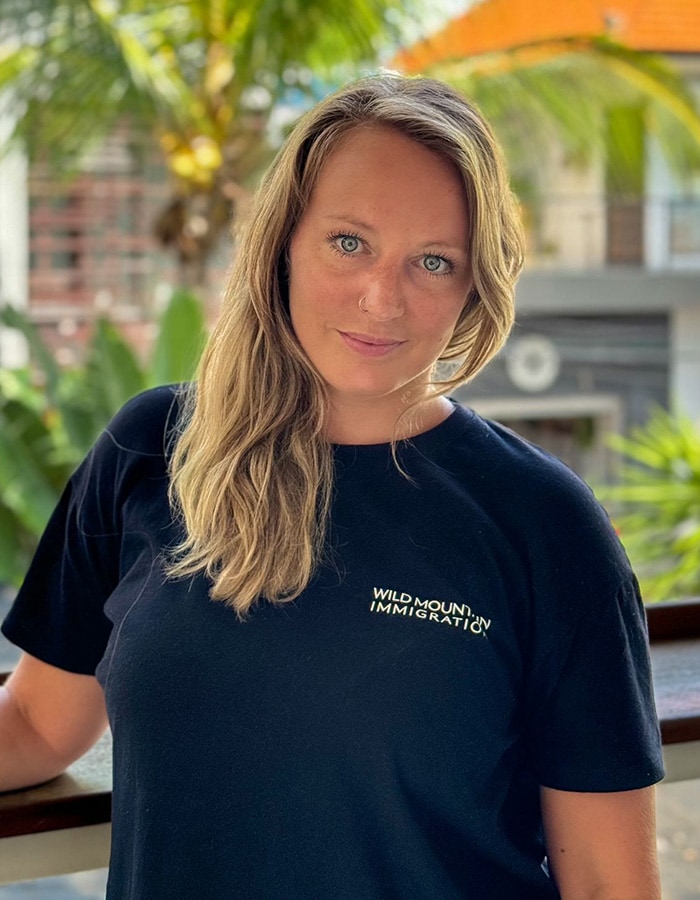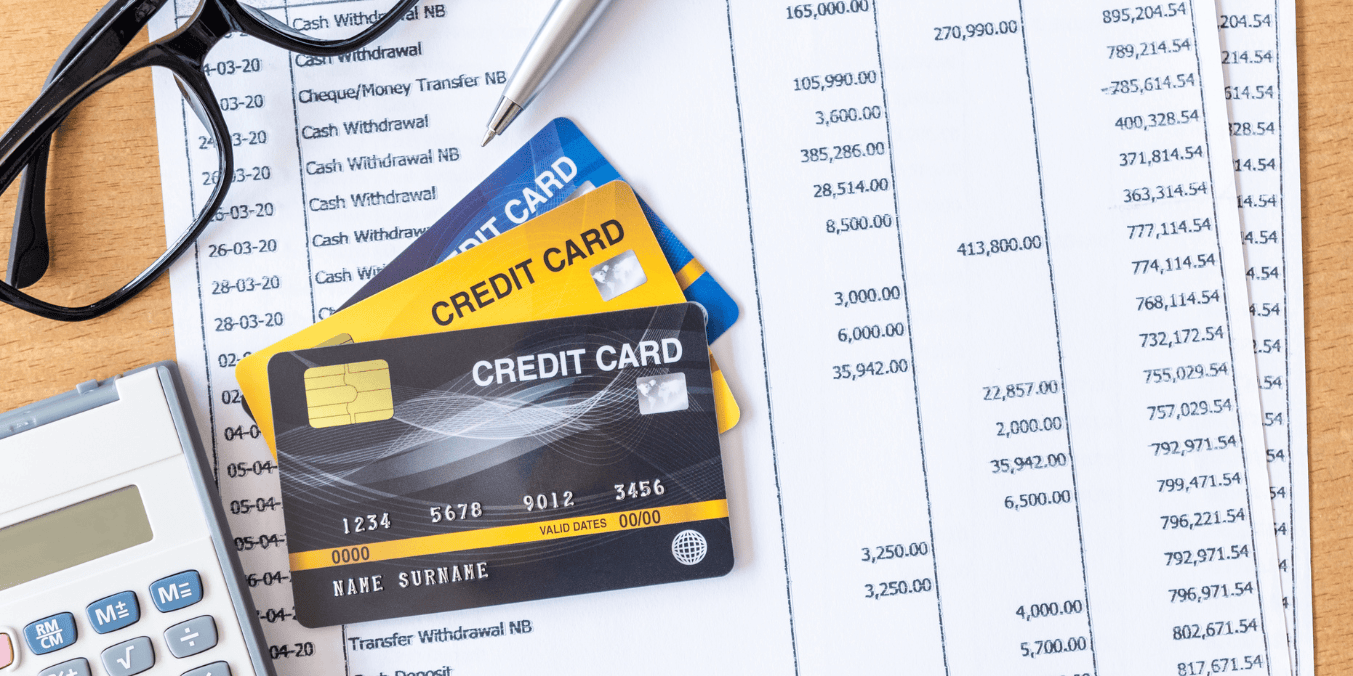When applying to immigrate to Canada through Express Entry, one essential document is a bank statement for Express Entry. This document demonstrates that applicants have enough funds to support themselves and their family while settling into life in Canada. Known as the Express Entry proof of funds or simply “proof of funds” (POF Canada), these financial requirements ensure newcomers have the resources to cover initial expenses without government assistance.
In this guide, we’ll dive deep into the requirements for the Canada Express Entry proof of funds, including which applicants need to show proof, how much money is required based on family size, and what to include in your proof of funds Canada PR documentation. We’ll also clarify what counts as eligible funds, when to submit proof, and how to prepare your bank statement so it meets all Express Entry proof of funds standards.
Whether you’re a Federal Skilled Worker (FSW) or applying under another Express Entry program, understanding the proof of funds Canada permanent resident requirements is crucial to a successful immigration journey.

Canadian Immigration Consultant
Let our expert team of Canadian immigration consultants guide you through the complexities of Canada’s immigration process. We provide personalized, step-by-step support to ensure a smooth and successful journey to your new life in Canada.
What is Proof of Funds for Express Entry?
Proof of funds, often demonstrated through a bank statement for Express Entry, is a critical part of the Express Entry application. It shows that applicants possess enough accessible funds to cover living expenses for themselves and their families upon arriving in Canada. Unlike other fees, such as processing or biometrics fees, proof of funds Canada PR is solely meant to ensure financial readiness for settlement.
The express entry proof of funds is a requirement for many applicants under the Express Entry system, particularly those applying through the Federal Skilled Worker (FSW) and Federal Skilled Trades (FST) programs. This requirement, updated annually based on Canada’s cost-of-living thresholds, protects new immigrants from financial hardship while integrating into Canadian society.
For applicants under certain conditions—such as those with a valid job offer or applying through the Canadian Experience Class (CEC)—proof of funds Canada permanent resident requirements may be waived. However, for those who need it, understanding how to obtain and present your bank statement for Express Entry correctly can make a big difference in application success.
Who Needs to Show Proof of Funds for Express Entry?
Not all Express Entry applicants are required to show proof of funds. For applicants using a bank statement for Express Entry to fulfill the proof of funds Canada PR requirement, it’s essential to know whether this applies to you.
Applicants Who Need Proof of Funds
Proof of funds is required for those applying under the following Express Entry programs:
- Federal Skilled Worker (FSW) Program: This program is designed for skilled professionals with experience outside Canada.
- Federal Skilled Trades (FST) Program: For skilled tradespeople who wish to settle in Canada.
Exceptions: Who Does Not Need Proof of Funds
Certain applicants are exempt from showing proof of funds, including:
- Canadian Experience Class (CEC) applicants who have at least one year of Canadian work experience.
- FSW and FST applicants with a valid job offer in Canada that is supported by a Labour Market Impact Assessment (LMIA) or meets exemption criteria.
For these individuals, meeting the proof of funds express entry requirement is not mandatory. However, if you are eligible under more than one program, it’s wise to keep your funds documentation current in case you’re considered for a program that does require it.
How Much Money Do You Need to Immigrate?
The amount of money required to satisfy the bank statement for Express Entry requirement depends on the size of your family. Known as the proof of funds Canada PR or express entry proof of funds, this minimum threshold is updated annually based on the Low-Income Cut-Off (LICO) to reflect Canada’s cost of living.
Below is the current table showing the minimum settlement funds required in 2024:
| Number of Family Members | Funds Required (in CAD) |
|---|---|
| 1 | $14,690 |
| 2 | $18,288 |
| 3 | $22,483 |
| 4 | $27,297 |
| 5 | $30,690 |
| 6 | $34,917 |
| 7 | $38,875 |
| For each additional member | + $3,958 |
How to Calculate Family Size
When calculating your family size, include:
- Yourself (the principal applicant)
- Your spouse or common-law partner
- Dependent children
- Spouse’s dependent children
Note: You must count all family members for the proof of funds Canada permanent resident requirement, even if they are not coming to Canada or are already Canadian citizens or permanent residents.
Having the Canada Express Entry proof of funds documented properly not only demonstrates your financial preparedness but also strengthens your Express Entry profile. Additionally, listing any extra funds beyond the minimum requirement can be beneficial, as it shows further financial stability.

How to Provide Proof of Funds: Bank Statement and Document Requirements
To meet the proof of funds Canada PR requirements, you need to present official documentation from financial institutions where you hold your money. A bank statement for Express Entry must demonstrate that you have accessible funds, and it should follow these key guidelines:
Required Information in the Bank Statement
Each proof of funds Express Entry bank letter should include:
- Institution Letterhead: The letter must be printed on the official letterhead of the bank or financial institution.
- Contact Information: Include the financial institution’s address, telephone number, and email.
- Applicant’s Details: Ensure your name appears on the document.
- Account Information: Each account should have its unique number, date opened, and current balance.
- Six-Month Average Balance: The average balance of each account for the past six months must be shown.
- Outstanding Debts: Any debts, such as credit card balances or loans, should be included.
Additional Document Tips
- Joint Accounts: If funds are in a joint account with your spouse, they can count toward your total pof Canada as long as you both have access.
- Partner’s Individual Accounts: If your spouse or common-law partner is listed on separate accounts, these funds can also be counted, provided you can demonstrate access.
- Investment and Savings Accounts: Funds in savings and investment accounts are eligible if they can be accessed without restrictions.
Meeting all these specifications in your Canada Express Entry proof of funds documentation can prevent processing delays and strengthen your application. Ensure all documents are up-to-date when you submit your profile or receive an Invitation to Apply (ITA).
Can You Use Gifted Money for Proof of Funds?
Some applicants may consider using gifted money to meet the proof of funds Express Entry requirement. This can be a viable option, but there are specific documentation requirements to show that the funds are a genuine gift, not a loan, which would be ineligible.
Guidelines for Using Gifted Money
- Notarized Gift Deed: This document should outline the amount gifted, the date, and the details of the donor, including their relationship to you. It should also confirm that the donor does not expect repayment.
- Affidavit from the Donor: This statement from the gift giver should confirm the gift, along with their contact information and tax information if applicable.
- Explanation Letter: In your own letter, explain the source of the funds, specifying how much was gifted and who the donor is. This letter should clearly outline that you can access these funds.
Special Considerations for Gifted Money
- Immediate Family Members: The proof of funds Canada permanent resident requirements are more likely to accept gifts from close relatives like parents, siblings, or spouses.
- Timing of the Gift: It’s generally best if the gift is given well in advance of your application. This way, it appears in the six-month average balance on your proof of funds Canada PR bank statement.
If using gifted funds, ensure all required documents are included with your application to avoid complications. With the right documentation, gifted money can effectively contribute to your express entry proof of funds.
Timing for Submitting Proof of Funds
Timing is essential when providing your bank statement for Express Entry as part of the proof of funds Canada PR process. This documentation is only required after you receive an Invitation to Apply (ITA), but it’s wise to prepare in advance.
When to Prepare Proof of Funds Documentation
- Creating Your Profile: Although you don’t need to submit official proof immediately, you must estimate how much money you have when you initially create your Express Entry profile. This helps ensure accuracy and avoid any discrepancies when final documentation is required.
- After Receiving an ITA: Once invited to apply, you have 60 days to submit all necessary documents, including the express entry proof of funds. During this time, ensure that your bank letters and statements are recent, ideally no older than 30 days.
Keeping Funds Consistent
To meet proof of funds Express Entry requirements, it’s essential to maintain or exceed the minimum balance from the time you submit your profile until you arrive in Canada. Sudden withdrawals or large fluctuations in your account could raise red flags and potentially delay or negatively impact your application.
When You Enter Canada
Upon entering Canada, your funds should still be accessible in the required amounts. Failure to demonstrate sufficient proof of funds Canada PR could result in entry issues with Canadian immigration officers. Make sure your bank statement accurately reflects the required funds up until your arrival.
Proper timing and financial consistency are essential to ensure that your Canada Express Entry proof of funds meets all expectations, from profile submission to landing.
Acceptable and Unacceptable Sources for Proof of Funds
Meeting the proof of funds Express Entry requirement involves more than just showing a certain amount in your account. To ensure compliance, applicants must understand what types of funds are acceptable and which are not when submitting a bank statement for Express Entry.
- Cash Savings: Funds that are readily accessible in checking or savings accounts.
- Investments: Some types of investments, such as stocks, bonds, and mutual funds, are acceptable as long as they can be liquidated easily.
- Joint Accounts with Spouse: If you and your spouse share a joint account, the full amount in the account can count towards the pof Canada as long as both of you have access to the funds.
- Partner’s Individual Account (if accompanying you): If your spouse or partner has funds in their account alone, you may count this money toward your proof of funds Canada permanent resident requirement, provided you can prove accessibility.
- Loans or Borrowed Money: Any funds that are borrowed, such as loans or advances, cannot be used for express-entry-proof-of-funds.
- Real Estate Equity: Although real estate may be a valuable asset, you cannot use property equity as proof of funds Canada PR unless the property is sold and the money is deposited in your account.
- Credit Lines: Available credit or personal lines of credit do not qualify as accessible funds.
These guidelines are essential to avoid delays or issues in meeting the Canada Express Entry proof of funds requirement. Ensuring your bank statement only shows approved sources of funds can streamline the application process and confirm your financial readiness.
Tips for Bringing Settlement Funds to Canada
After meeting the proof of funds Canada PR requirement through a bank statement for Express Entry, the next step is to consider how best to bring these funds into Canada. Having accessible funds upon arrival can help with the initial costs of settling in, such as accommodation, food, and transportation.
Methods for Bringing Funds to Canada
- Cash: Bringing cash can be convenient, but if you bring more than CAD $10,000, you must declare it at the border.
- Bank Drafts or Money Orders: These are secure and widely accepted by Canadian banks and are easier to manage than large sums of cash.
- Traveler’s Cheques: Although less common, traveler’s cheques can be a secure way to carry money.
- International Bank Transfers: For some, transferring money to a Canadian bank account before arrival may be ideal. Opening a Canadian bank account remotely may be possible with some banks, allowing you to transfer funds directly and meet Canada Express Entry proof of funds requirements conveniently.
Declaring Large Amounts at the Border
If you bring over CAD $10,000 in cash or financial instruments, Canadian customs requires that you declare it. Failure to declare can lead to fines or even confiscation of funds. This threshold applies to various financial instruments, including:
- Stocks
- Bonds
- Bank drafts
- Traveler’s cheques
Currency Considerations
Since currency fluctuations can impact the proof of funds Express Entry requirements, try to ensure that your funds exceed the minimum threshold. This provides a buffer in case of currency rate changes.
Bringing adequate funds and having easy access to them can help make your transition to Canada smoother, fulfilling the express entry proof of funds obligation and easing your early months in the country.

Conclusion
Securing a successful application for Express Entry often depends on meeting key requirements, and presenting an accurate bank statement for Express Entry is essential for applicants who need to demonstrate proof of funds Canada PR. Ensuring you have enough accessible funds not only fulfills the express entry proof of funds requirement but also provides peace of mind as you transition to a new life in Canada.
Whether you’re applying through the Federal Skilled Worker or Federal Skilled Trades programs, having the correct amount in place and understanding eligible sources of funds are critical steps. By keeping your proof of funds Express Entry documentation up-to-date and accessible, you’ll be well-prepared for both your application and your settlement in Canada.
How We Can Help
At Wild Mountain Immigration, our experienced team of certified Canadian immigration consultants is here to help you navigate the complexities of the immigration system. Whether you’re applying for permanent residency, a work permit, or dealing with a complex immigration case, we provide personalized support tailored to your needs.
Contact us today to learn how we can help you achieve your Canadian immigration goals.
FAQs
The amount required for proof of funds in Canada under the Express Entry system depends on the size of your family. For a single applicant, the minimum is approximately $14,690 CAD as of the latest update, with amounts increasing based on the number of family members. This amount is updated annually to reflect the cost of living changes.
For Express Entry, applicants are generally required to provide bank statements that cover the last six months. This demonstrates a stable financial history and ensures the funds are genuinely available.
Acceptable proof of funds includes bank letters and statements showing accessible savings or liquid assets, such as cash deposits, savings, and investment accounts. The funds must be readily accessible and not tied to real estate or borrowed loans. Additionally, bank letters should list account details, average balances over the past six months, and any outstanding debts.
The minimum bank balance required varies based on the family size. For one person, the current minimum is $14,690 CAD, with the required amount increasing by around $3,958 CAD for each additional family member.
Typically, six months of bank statements are required for Canada immigration, particularly for Express Entry. This ensures the applicant’s financial stability and that the required funds have been consistently maintained.
Canadian Immigration FAQs
Find quick answers to the most common questions about Canadian immigration, visas, and permanent residency.
LMIA Costs Explained: How Much Does LMIA Cost in 2024?
For Canadian employers seeking to hire foreign workers, a Labour Market…
Can I Leave Canada After Applying for Spousal Sponsorship?
When applying for spousal sponsorship in Canada, many applicants wonder,…
Who Can Apply for BOWP (Bridging Open Work Permit) in Canada?
If you’re transitioning from temporary status to permanent residence in…
Start Your Canadian Immigration Journey
Our experts make the process clear, stress-free, and successful, so you can move forward with confidence and focus on what matters most.

Contact Us
Immigration questions and service enquiries
Consultation
Speak to an expert
immigration consultant
"*" indicates required fields



